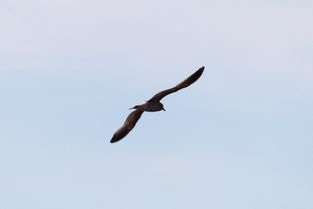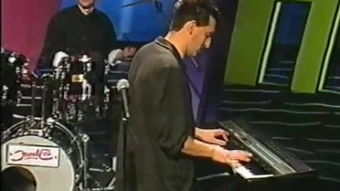Content:
Learning how to fish can be an incredibly rewarding and relaxing hobby, whether you're aiming to catch the biggest fish of your life or simply enjoying the tranquility of the water. However, becoming a proficient angler requires patience, practice, and a good understanding of the basics. Here's a comprehensive guide on how to learn the essential fishing techniques that will help you on your way to becoming a skilled angler.
Choose the Right Gear
Before you start fishing, it's crucial to have the right equipment. Here's what you'll need:
- Rod and Reel: The type of rod and reel you choose will depend on the type of fishing you plan to do. For freshwater fishing, a spinning rod and reel are a good all-purpose choice. For saltwater fishing, a baitcasting rod and reel might be more suitable.
- Line: The type of line you use should match the type of fishing and the size of the fish you're targeting. Monofilament, fluorocarbon, and braided lines are the most common types.
- Hooks: The size and type of hook will vary based on the fish you're after. For example, smaller hooks are used for panfish, while larger hooks are needed for larger species.
- Lures and Baits: These can range from artificial lures to live bait, and the choice will depend on the fish you're trying to catch and the conditions you're fishing in.
Learn the Basics of Casting
Casting is a fundamental skill that every angler must master. Here's how to do it:
- Hold the Rod: Grip the rod with your dominant hand, placing your index finger on the reel seat and your thumb on the handle.
- Backcast: Bring the rod back behind you with a smooth, controlled motion, allowing the line to unwind from the reel.
- Forward Cast: Bring the rod forward in a smooth, continuous motion, allowing the line to straighten out and land on the water with minimal splash.
- Practice: Casting can take some time to get right, so practice in an open area until you feel comfortable with the motion.
Understand Fish Behavior
To be a successful angler, you need to understand the behavior of the fish you're targeting. This includes their feeding patterns, preferred habitats, and the types of bait they are most likely to take. Research the species you're interested in and learn about their habits.
Use the Right Bait
The type of bait you use can make or break your fishing trip. Here are some tips:
- Natural Bait: Live bait, such as worms, minnows, or leeches, can be very effective. However, it requires more preparation and can be more challenging to use.
- Artificial Lures: These can be more versatile and easier to use. Choose lures that mimic the movement and appearance of the fish's natural prey.
- Consistency: Once you find a bait that works, use it consistently to see if it's effective.
Read the Water
Understanding water conditions is key to successful fishing. Look for areas where fish are likely to congregate, such as around rocks, logs, or vegetation. Pay attention to the water's color, clarity, and temperature, as these can all affect fish behavior.
Patience is Key

Fishing is a waiting game. It's important to be patient and not get discouraged if you don't catch anything right away. Fish can be unpredictable, and sometimes they just aren't biting.
Learn from Others
Join a fishing club or take a lesson from an experienced angler. Learning from someone who has already mastered the art of fishing can provide invaluable insights and tips.
Safety First
Always prioritize safety when fishing. Wear a life jacket if you're in deep water, and be aware of your surroundings, especially if you're fishing from a boat.
Respect the Environment
Fishing is a privilege, and it's important to respect the environment. Follow local fishing regulations, release fish that you're not planning to keep, and practice catch-and-release techniques when appropriate.
Keep Practicing
Like any skill, fishing takes practice. The more you fish, the better you'll become. Don't be afraid to experiment with different techniques and locations to find what works best for you.
By following these tips and techniques, you'll be well on your way to becoming a skilled angler. Remember, the best way to learn is through experience, so get out there and start fishing!












